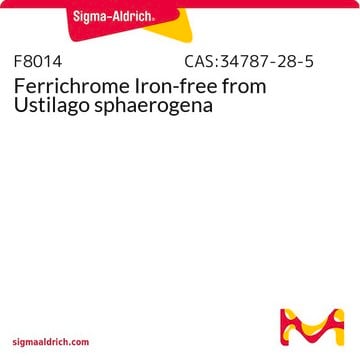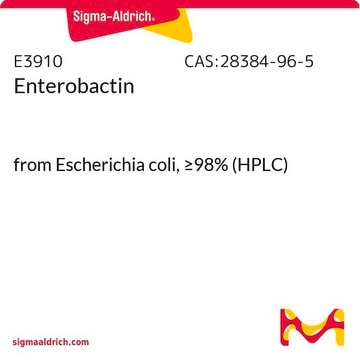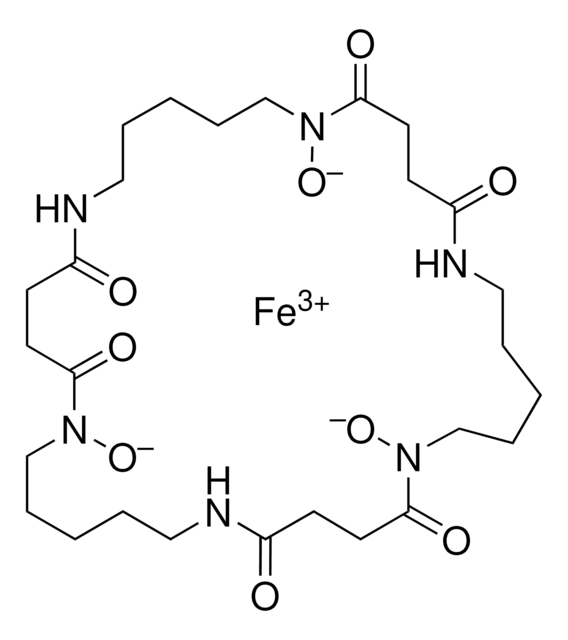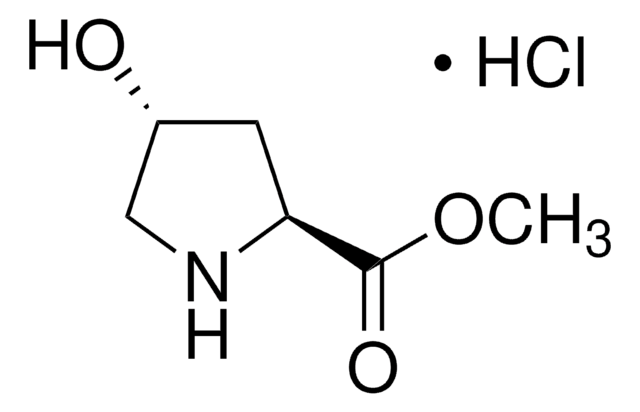G2128
L-Glutamic acid hydrochloride
Synonym(s):
(S)-2-Aminoglutaric acid, (S)-2-Aminopentanedioic acid ammonium salt, Glu HCl
Select a Size
Select a Size
About This Item
Recommended Products
Quality Level
SMILES string
Cl.N[C@@H](CCC(O)=O)C(O)=O
InChI
1S/C5H9NO4.ClH/c6-3(5(9)10)1-2-4(7)8;/h3H,1-2,6H2,(H,7,8)(H,9,10);1H/t3-;/m0./s1
Inchi Key
RPAJSBKBKSSMLJ-DFWYDOINSA-N
Gene Information
human ... GRIK1(2897) , GRIK2(2898) , GRIK3(2899) , GRIK4(2900) , GRIK5(2901)
Looking for similar products? Visit Product Comparison Guide
General description
Application
Biochem/physiol Actions
signalword
Danger
hcodes
Hazard Classifications
Eye Dam. 1 - Skin Corr. 1
Storage Class
8A - Combustible corrosive hazardous materials
wgk_germany
WGK 3
flash_point_f
Not applicable
flash_point_c
Not applicable
ppe
dust mask type N95 (US), Eyeshields, Gloves
Choose from one of the most recent versions:
Already Own This Product?
Find documentation for the products that you have recently purchased in the Document Library.
Customers Also Viewed
Our team of scientists has experience in all areas of research including Life Science, Material Science, Chemical Synthesis, Chromatography, Analytical and many others.
Contact Technical Service








